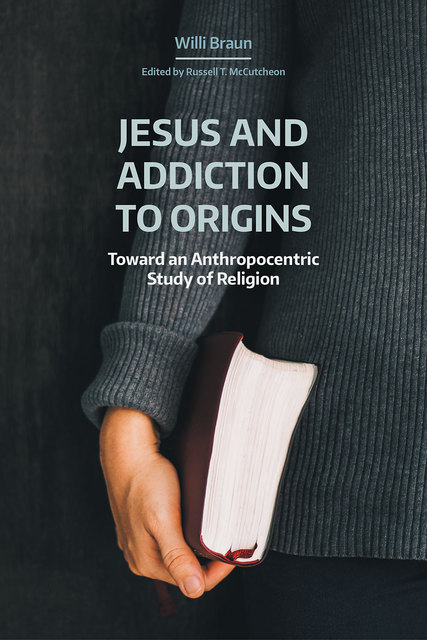LIBRARY COLLECTIONS
Complete CollectionChristianity
Theory & Method
ACCESS
Authorized users can access the eBook/PDF using institutional credentials or personal password via the Read Online tab.
Toward an Anthropocentric Study of Religion
This collection of essays constitutes an extended argument for an anthropocentric, human-focused study of religious practices. Part I presents the basic premise of the argument, which is that there is nothing special or extraordinary about human behaviors and constructs that are claimed to have uniquely religious status and authority. Instead, they are fundamentally human, and so the scholar of religion is engaged in nothing more or less than studying humans across time and place in all their complex existence—which includes creating more-than-human beings and realities.
As an extended and detailed example of such an approach, Part II addresses practices, rhetoric, and other data in early Christianities within Greco-Roman cultures and religions. The underlying aim is to insert studies of the New Testament and non-canonical texts, most often presented as “biblical studies,” into the anthropocentric study of religion proposed in Part I. How might we approach the study of “sacred texts” if they are nothing more or less than human documents deriving from situations that were themselves all too human? Braun’s Jesus and Addiction to Origins addresses that question with clarity and insight.

ISBN-13 (Hardback) 9781781799420
Price (Hardback) £75.00 / $100.00
ISBN-13 (Paperback) 9781781799437
Price (Paperback) £24.95 / $32.00
ISBN (eBook) 9781781799444
Price (eBook) Individual £24.95 / $32.00
Institutional £75.00 / $100.00
Publication 05/11/2020
Pages 216
Size 234 x 156mm
Readership students and scholars
We use cookies to analyze our traffic. Please decide if you are willing to accept cookies from our website. You can change this setting anytime in Privacy Settings.